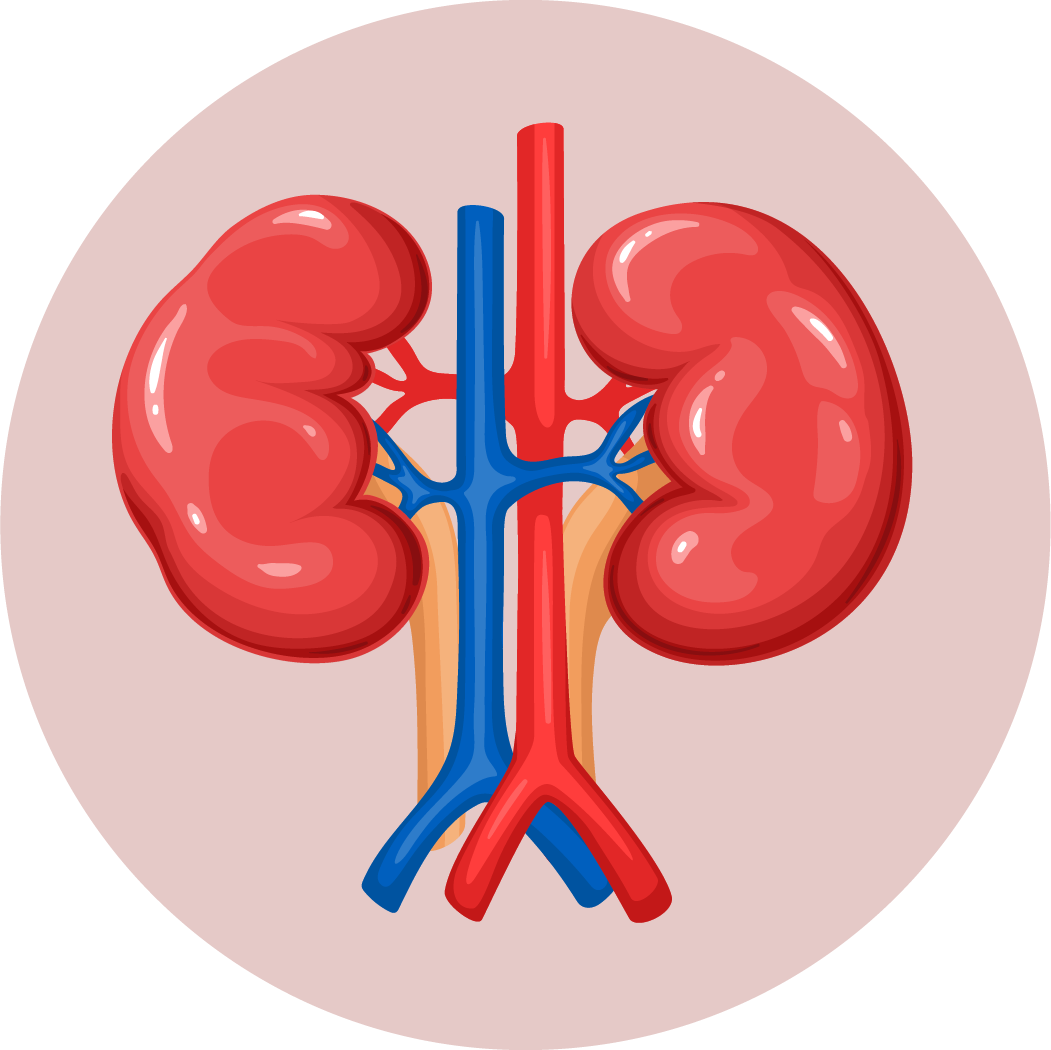The Importance of Magnesium
Magnesium is an essential mineral that plays a crucial role in maintaining overall health and wellbeing. It is involved in over 300 biochemical reactions, including energy production, muscle contraction, and bone formation. However, despite its importance, many people do not consume enough magnesium through their diets.
Magnesium has been linked to several health benefits, including improved cardiovascular health, reduced inflammation, lower risk of type 2 diabetes, and better bone health. Additionally, magnesium can help reduce stress and improve sleep quality.
Incorporating magnesium-rich foods into your diet is simple and easy, and it can have a significant impact on your health and wellbeing. Make a conscious effort to add more magnesium-rich foods to your meals and reap the benefits of this essential mineral.


















